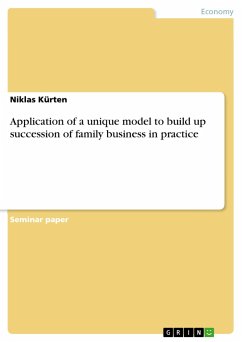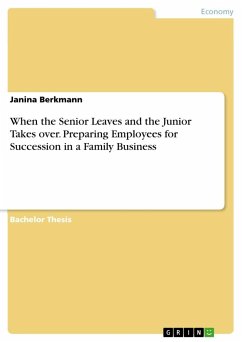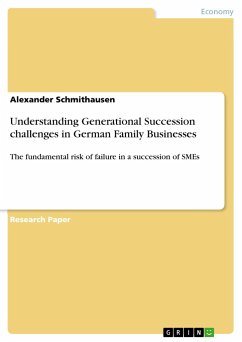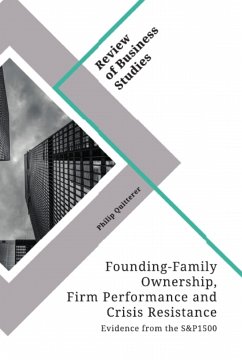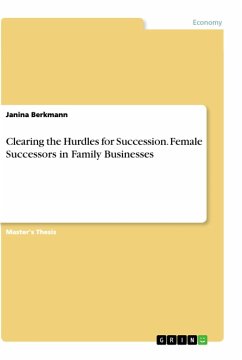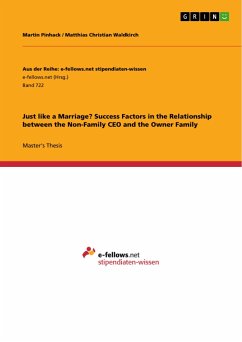Seminar paper from the year 2006 in the subject Business economics - Company formation, Business Plans, grade: 1,7, European Business School - International University Schloß Reichartshausen Oestrich-Winkel, language: English, abstract: Literature generally cites the low survival rate which family businesses face. Only 30 % of the companies further survive into the second generation, even only 15 % to 16 % into the third generation. Although many researchers see the most potential reason for this within the lack of adequate planning when company-owner hand over their businesses to offsprings or external managers , there exist various further reasons. In general, academics offer within their works a wide range of reasons, internal as well as external caused factors, which strongly influence the success of the succession within family businesses. Further, they developed several models and academic approaches to build up the process of succession and the mentioned different influences within holistic approaches of succession in family businesses to enable companies a successful handing over.Still, the situation in practice has not changed significantly since the current survival rate is steadily on a further low level. This could consequently reveal the hint of too little interaction between theory and practice respectively between academics and practitioners. Other branches showed the potential and the possible win-situations for both sides.Therefore, the research objective of this paper is to work out, to what extent a unique theoretical model is able to build up all relevant factors influencing the succession as an integrated process in theory to project this onto family businesses in practice and to provide solutions for succession within these companies.
Bitte wählen Sie Ihr Anliegen aus.
Rechnungen
Retourenschein anfordern
Bestellstatus
Storno

